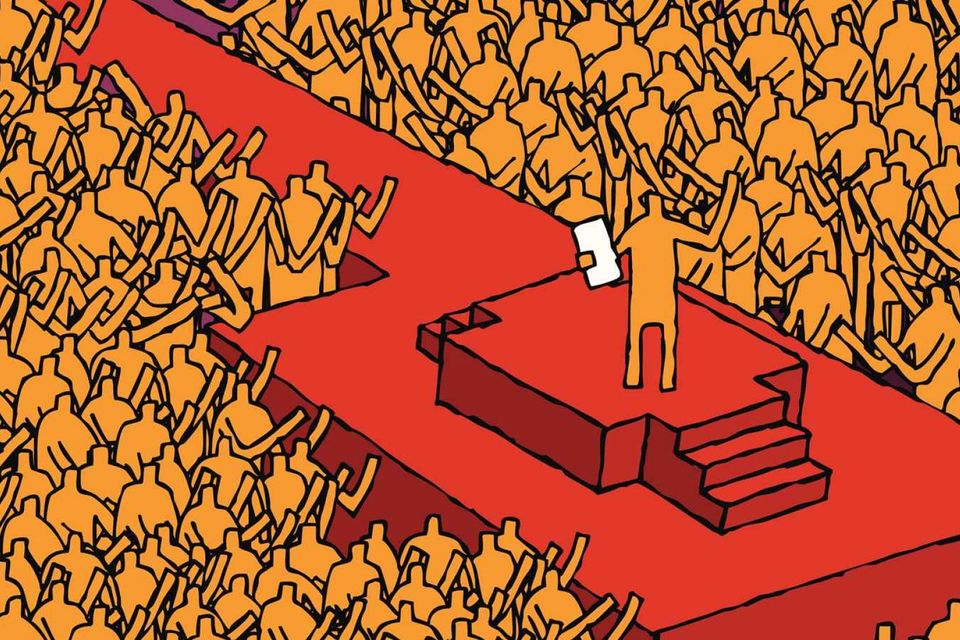
Robert J. Lifton wrote Thought Reform and the Psychology of Totalism while studying Prisoners of War after the Korean conflict. Traditionally, the mechanism behind the workings of cults, or commonly referred to as New Religious Movements, has been thought to be brainwashing.
However, Robert J. Lifton’s 8 Characteristics of Totalitarian control have been used by many deprogrammers and educators to introduce theories of indoctrination to those affected by these groups.
8 Characteristics of Totalitarianism:
However, Robert J. Lifton’s 8 Characteristics of Totalitarian control have been used by many deprogrammers and educators to introduce theories of indoctrination to those affected by these groups.
8 Characteristics of Totalitarianism:
- Milieu Control- control of communication.
- Mystical Manipulation- appeal to a higher purpose as set by leaders or organization.
- Demand for Purity- demand purity in thinking/ black+white mentality where only group think is correct.
- The Cult of Confession- cultic or radical confession in which one confesses perceived sins & is accompanied by criticism, self-criticism with thrust toward personal change.
- Sacred Science- To promote our moral vision as ultimate; Our way of life is the only right one.
- Loading the Language- create code words and insider jargon that reduces complex problems to simplistic solutions, condenses categories into judgmental labels.
- Doctrine over Person- require people to conform to our perfect system of truth so that individuality is eradicated, and sublime conformity is the sacred norm.
- Dispensing of Existence- exercise the “right” to decide who has the right to exist in public and who needs to be isolated or excommunicated.
This set of criteria has been used to understand totalitarian/destructive coercion systems not only in religious groups, but in political groups as well, particularly in the U.S. after 2016 where power, fear, and demands for extreme loyalty have dominated. It is no coincidence the trajectory of religious and political extremism (think doomsday prepper groups) has followed much the same path since the mid to late 70’s.
